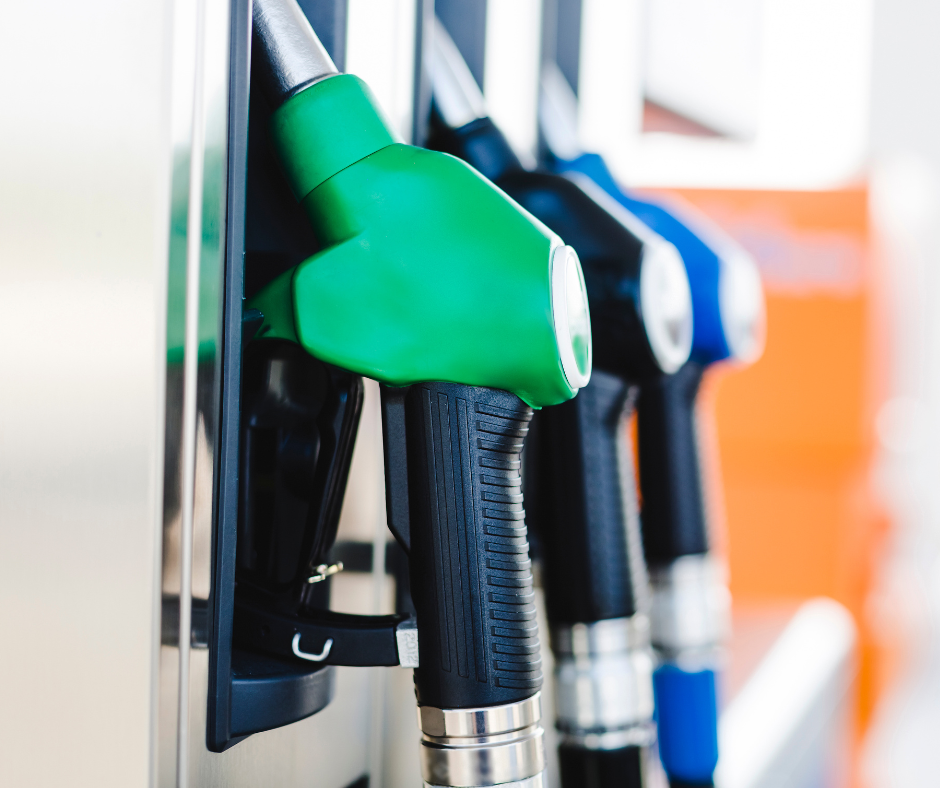
Increasing fuel efficiency for fleet vehicles
With fuel prices rocketing at the petrol stations, it’s no wonder that vehicle fleet managers are looking for new ways to improve the fuel efficiency for their companies. Fluctuations in fuel prices can be very difficult to predict as a company expense and make it harder for a financial team to budget, both short term and long term.
Fleet vehicle managers can analyse fuel consumption to help conserve fuel, maximise efficiency and reduce vehicle emissions by implementing fuel-efficiency policies, technology and maintenance strategies.
Here are our ten top tips for aiding fuel efficiency to support vehicle fleet managers:
- Monitor driving patterns – speeding can be a key factor affecting fuel consumption so monitoring driver behaviour can help identify where fuel can be saved.
- Cut engine idling – the Highway Code clearly states that parked vehicles should not be left with the engine running. Try turning off the engine while waiting or making a delivery. If you are stuck in traffic or warming up a vehicle, reduce the amount of time the vehicle is left running.
- Improve route efficiency – Plan routes using a sat nav to avoid traffic and also driving back and forth on the same route.
- Remove unnecessary weight from vehicles – Every extra 50kg of weight in a vehicle can increase fuel consumption by 1%-2%, according to KwikFit.
- Schedule maintenance – carrying out regular maintenance on your vehicle can increase the efficiency of your vehicle and reduce the risk of problems later on.
- Check the tyre pressure – underinflated tyres can dramatically lower a vehicle’s average miles per gallon. Obviously checking the pressure of tyres should be part of your regular road safety checks.
- Dispatch the closest vehicle – thinking smarter about the closest vehicle to a new delivery or appointment will help you to manage fuel efficiency. Plus, you could also install fleet-tracking programmes to help automate dispatching.
- Leverage a fleet telematics solution – this could help you to gain data and an insight into a fleet vehicle performance and fuel efficiency.
- Provide incentives – encourage drivers in your fleet to be more aware of fuel efficiency and incentivise reduced fuel consumption with rewards.
- Implement driving training – keeping gears low when accelerating, changing gears early, driving at slower speeds, are the sort of training tips that can help reduce fuel consumption.
Having a clear strategy to manage fuel consumption will help fleet managers respond to rising fuel costs. As well as saving money, it will also help you to streamline operations and increase your safety standards.
For more tips on how to become more fuel-efficient, please call the Sutcliffe & Co Team on 01905 21681 or email Enquiries@sutcliffeinsurance.co.uk.
